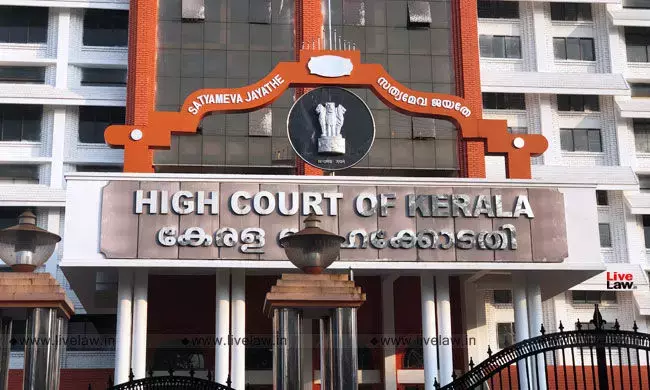The Kerala High Court recently held that proceedings under Section 240 of the Criminal Procedure Code (CrPC) culminate in an order framing charge only after the plea of the accused is taken as per sub-section (2) of Section 240 of the Code. While holding so, Justice K. Babu went on to observe that, "If Section 240 Cr.PC is interpreted in such a manner that even before taking the plea of...

